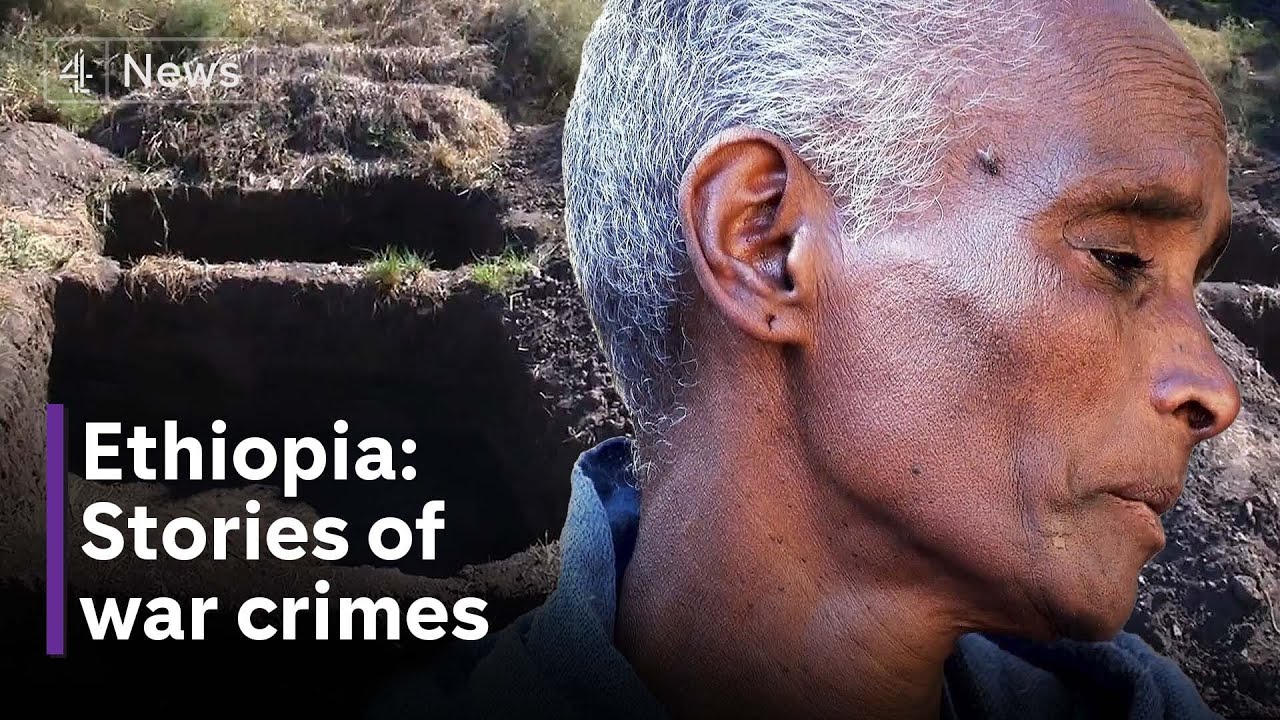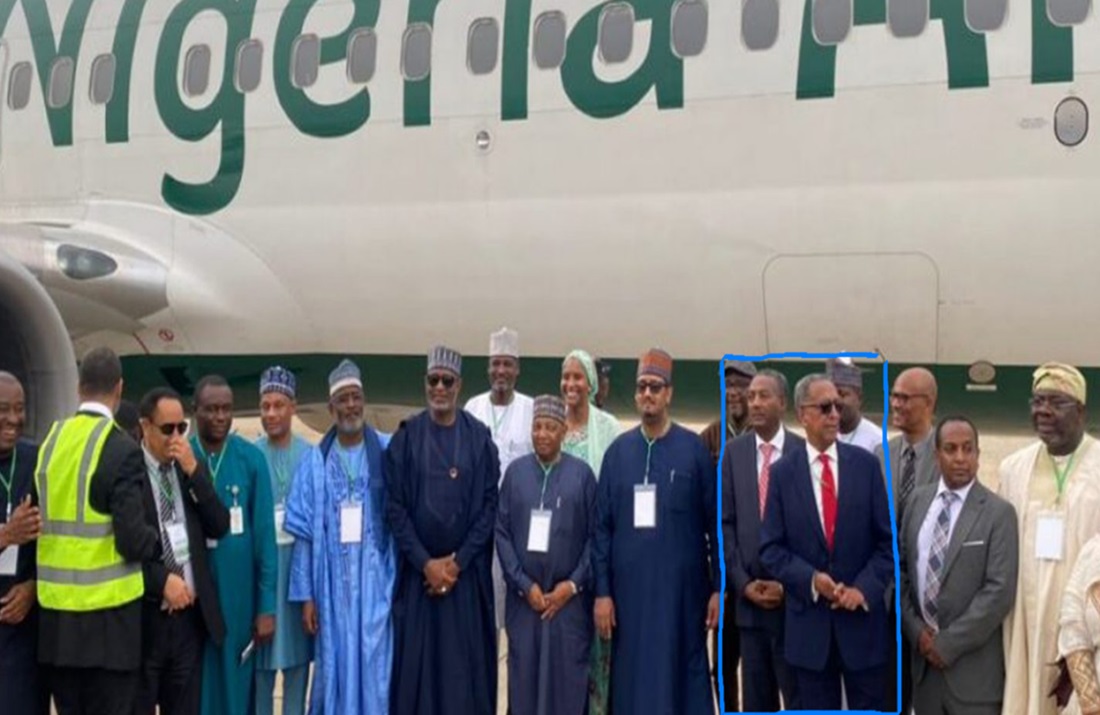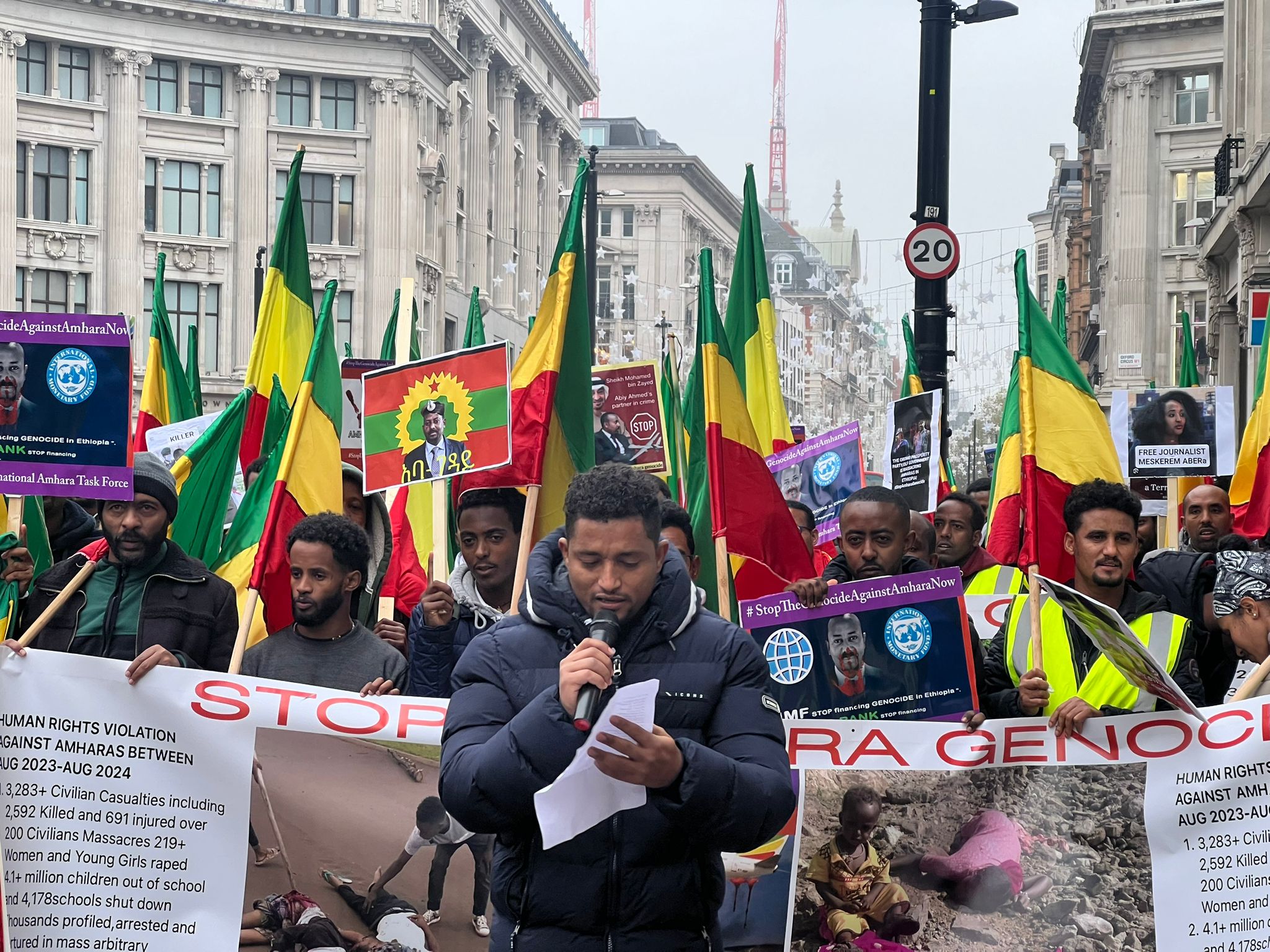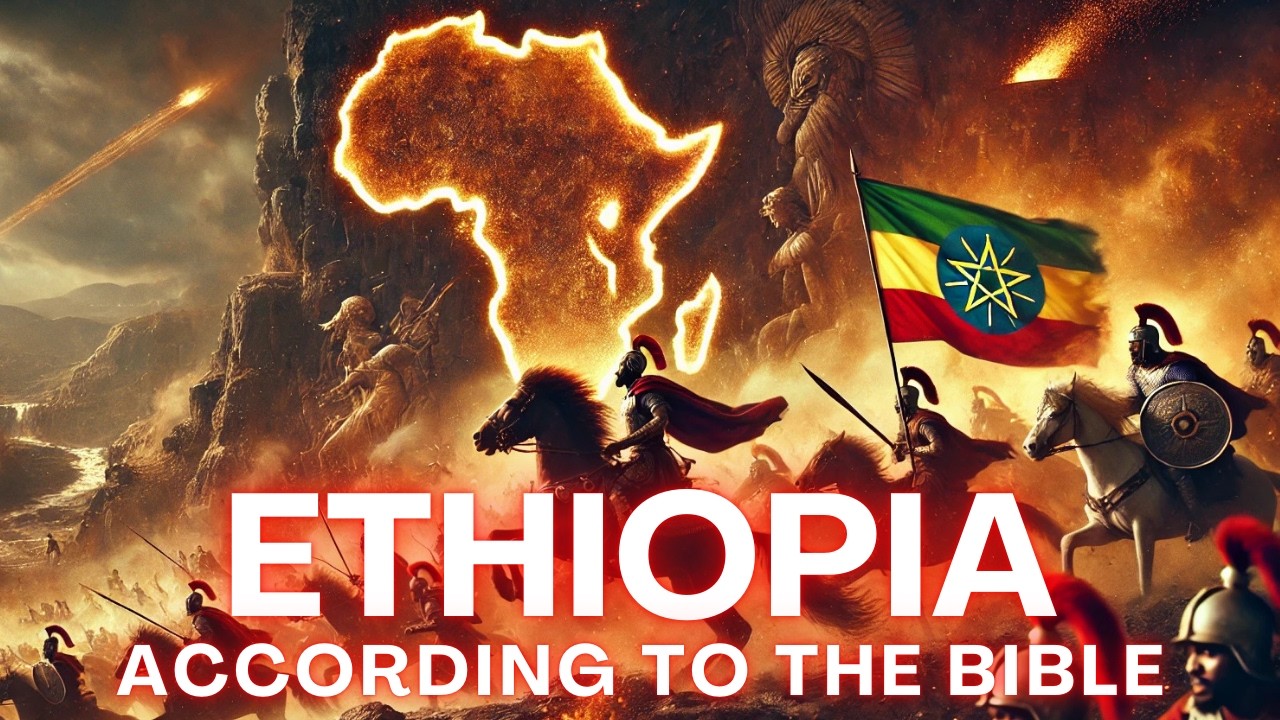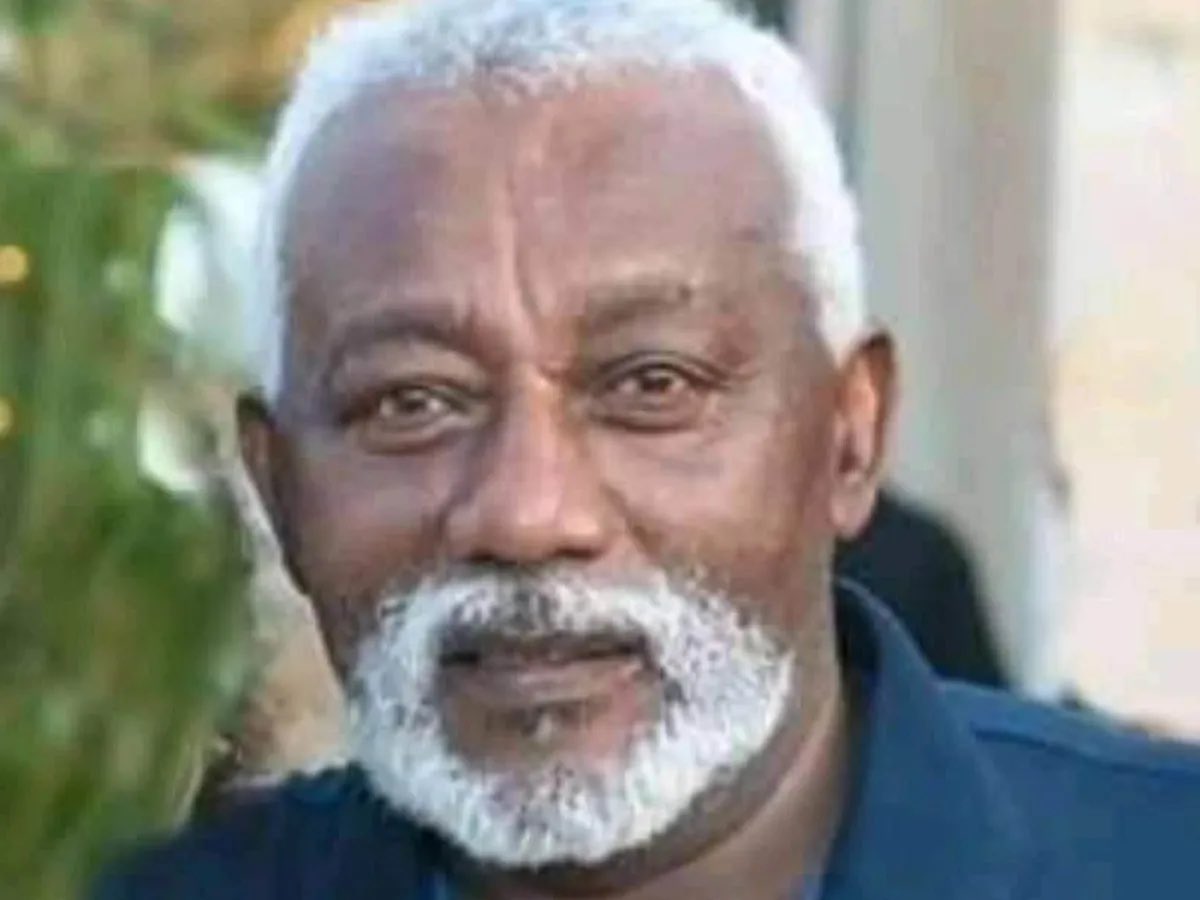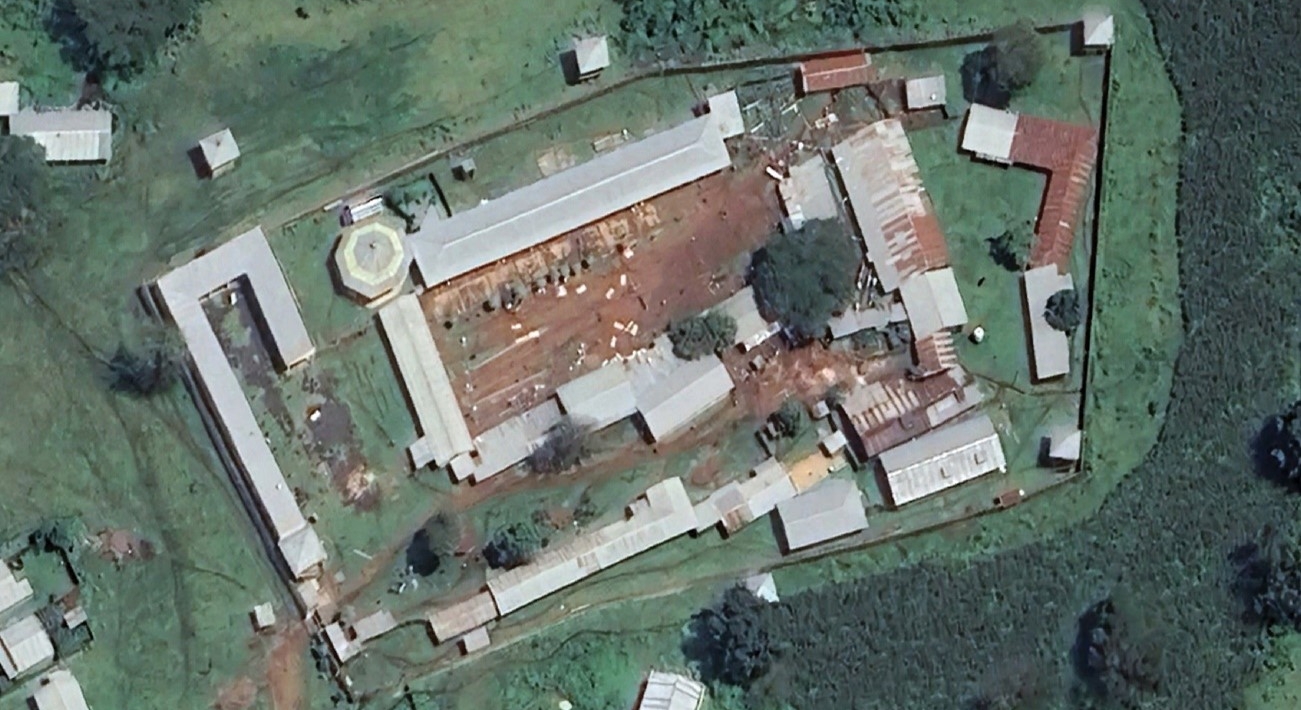
Introduction
The Purpose of Autonomous Status
The autonomous status granted to NOCs serves several key purposes:
- Promoting Sports Development: Autonomy allows NOCs to focus on the development of sports without political interference. This ensures that decisions are made in the best interest of athletes and the sporting community.
- Protecting Sports Integrity: By preventing government interference, autonomy helps maintain the integrity of sports. It ensures that sports organizations are not used as tools for advancing political agendas.
- Ensuring Fair Play: Autonomy promotes fair play by allowing NOCs to operate independently and make unbiased decisions regarding athlete selection, training, and competition.
- Encouraging International Cooperation: Autonomous NOCs can engage in international cooperation and partnerships without being influenced by national politics. This fosters a spirit of global unity and collaboration in sports.
Challenges and Potential Abuse
While the autonomous status of NOCs is intended to protect sports, it can also be subject to abuse. In the case of the EOC, Dr. Ashebir Woldegiorgis’s threat to sue Ethiopia and seek financial penalties or suspension from the Olympics highlights the potential for misuse of autonomy. Such actions undermine the true purpose of autonomy and can harm the athletes and the sporting community.
Ensuring Accountability and Compliance
To ensure that the EOC operates within the nation’s laws while respecting its autonomous status, the Ethiopian government can take the following steps:
- Strengthening Oversight: Establish an independent oversight body to monitor the activities of the EOC. This body should ensure transparency and accountability in the management of funds and decision-making processes.
- Legal Framework: Develop a clear legal framework that outlines the responsibilities and limitations of the EOC. This framework should ensure that the EOC operates within the boundaries of national laws while respecting its autonomy.
- Collaboration with the IOC: Engage with the IOC to address concerns about the misuse of autonomy. The IOC can provide guidance and support to ensure that the EOC adheres to the principles of good governance and fair play.
- Promoting Transparency: Encourage transparency in the EOC’s operations by requiring regular financial audits and public reporting of activities. This will help build trust and ensure that resources are used effectively.
- Athlete Representation: Ensure that athletes have a voice in the governance of the EOC. This can be achieved by including athlete representatives in decision-making bodies and committees.
Conclusion
The autonomous status of National Olympic Committees is essential for the development and integrity of sports. However, it is crucial to ensure that this autonomy is not abused. By implementing measures to strengthen oversight, promote transparency, and engage with the IOC, the Ethiopian government can ensure that the EOC operates within the nation’s laws while fulfilling its mission to support and develop Ethiopian athletes.



